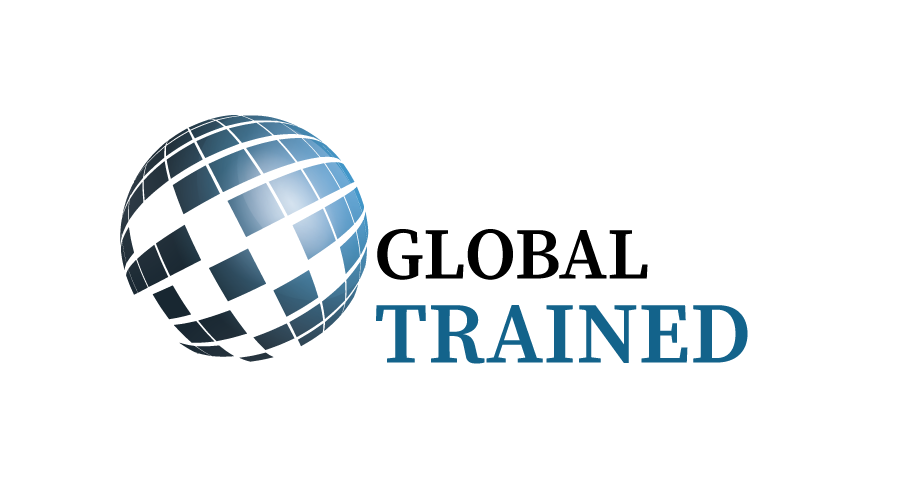In today’s evolving work landscape, WHS consulting, psychological safety training, and leadership coaching Melbourne are converging to redefine workplace safety. Modern organizations are recognizing that true safety extends beyond physical protections to include mental and emotional well-being. Melbourne’s Work Health and Safety (WHS) consultants are at the forefront of this transformation, integrating psychological safety training into their frameworks to foster healthier, more inclusive workplace cultures. By empowering leaders through targeted coaching, they are creating environments where employees feel secure, valued, and confident to voice concerns, ultimately reducing risks and enhancing productivity.
The Evolution of Workplace Safety
Workplace safety has traditionally focused on mitigating physical hazards—ensuring machinery is safe, workspaces are ergonomic, and compliance with regulations is maintained. However, as workplaces become more dynamic and diverse, the scope of safety has expanded. Psychological safety, the assurance that employees can express ideas, report issues, or challenge unsafe practices without fear of retribution, has emerged as a cornerstone of modern WHS strategies. Melbourne’s WHS consultants are leading this shift by embedding psychological safety principles into their training programs, recognizing that a workforce that feels psychologically secure is more likely to engage proactively in safety protocols.
The Role of Leadership in Psychological Safety
Effective leadership is critical to cultivating psychological safety. Leaders set the tone for workplace culture, and their actions directly influence how employees perceive their ability to speak up. In Melbourne, leadership coaching programs are tailored to equip managers with the skills to foster open communication and trust. Through workshops and one-on-one coaching, leaders learn to model vulnerability, actively listen, and respond constructively to feedback. This approach not only strengthens team dynamics but also aligns with WHS goals by encouraging employees to report hazards or near-misses without hesitation, reducing the likelihood of accidents.
Integrating Psychological Safety into WHS Frameworks
Melbourne’s WHS consultants are pioneering the integration of psychological safety training into traditional safety frameworks. This involves revising risk assessment processes to include psychosocial hazards, such as workplace stress, bullying, or lack of support. Training programs now incorporate modules on active listening, conflict resolution, and inclusive decision-making. By addressing these factors, consultants help organizations create environments where employees feel empowered to contribute to safety discussions. For example, a construction firm in Melbourne recently reported a 30% increase in hazard reporting after implementing psychological safety workshops, demonstrating the tangible impact of these initiatives.
Case Studies: Melbourne’s Success Stories
Several Melbourne-based organizations have embraced this holistic approach to WHS with remarkable results. A mid-sized tech company partnered with local WHS consultants to train its leadership team in psychological safety principles. The result was a significant reduction in employee turnover and an increase in proactive safety suggestions from staff. Similarly, a healthcare provider introduced regular psychological safety check-ins, led by trained managers, which improved staff morale and patient care outcomes. These case studies highlight how leadership coaching and WHS consulting can work hand-in-hand to create safer, more resilient workplaces.
Challenges and Opportunities
Despite the progress, integrating psychological safety into WHS frameworks is not without challenges. Resistance to change, particularly among traditional industries, can hinder adoption. Additionally, measuring the impact of psychological safety initiatives requires new metrics beyond traditional safety indicators. However, Melbourne’s WHS consultants are addressing these challenges by offering tailored solutions, such as phased implementation plans and data-driven evaluations. The opportunity to build workplaces where employees thrive both physically and mentally is driving innovation in this space, positioning Melbourne as a leader in global WHS practices.
The Future of WHS in Melbourne
As the importance of psychological safety gains recognition, Melbourne’s WHS consultants are setting a precedent for others to follow. By combining leadership coaching with comprehensive safety training, they are creating workplaces that prioritize both physical and emotional well-being. This integrated approach not only reduces workplace incidents but also fosters a culture of trust and collaboration. Looking ahead, the continued emphasis on psychological safety will likely shape the future of WHS, ensuring that Melbourne’s workplaces remain safe, supportive, and forward-thinking.
In conclusion, the synergy of WHS consulting, psychological safety training, and leadership coaching in Melbourne is transforming how organizations approach workplace safety. By addressing both physical and psychosocial risks, consultants are empowering leaders to build environments where employees feel valued and heard. This holistic approach is not just about compliance—it’s about creating workplaces where everyone can thrive.

